
SCIENTIFIC FRONTIERS AND SYNERGIES FOR THE DSA-2000 RADIO CAMERA
March 20 - 22, 2023 - Pasadena, California
#2023RadioCamera
Image: C. Carter
The next decade will see the emergence of new multi-wavelength All-Sky Surveys, such as Rubin/LSST, Sphere-X, WFIRST, EUCLID, and PFS that are poised to revolutionize a broad range of astrophysical topics. The DSA-2000 radio camera, commencing construction in 2024, will provide a sensitive all-sky radio component to these surveys. It will consist of 2,000 x 5-m dishes operating between 0.7-2 GHz and will operate as a radio camera, providing the community with uniquely accessible images and data cubes rather than visibility data products. The DSA-2000 images will have few-arcsecond resolution, sub-microJansky sensitivity, and dynamic ranges >100,000 across the entire sky. Through a sixteen-epoch all-sky survey, the DSA-2000 will map, catalog, characterize and monitor over a billion radio sources with full polarization, with detailed HI observations to z=1. We will discuss frontier topics that this new generation of surveys will provide, including unprecedented observations of the static sky of nearby and distant galaxies, as well as the transient sky. The DSA-2000 will be a leading instrument for multi-messenger astronomy through the discovery and characterization of the electromagnetic counterparts to gravitational wave (GW) sources detected by LIGO-Virgo-KAGRA and by timing a suite of millisecond pulsars to enable the first detections of nanoHertz GWs from individual binary supermassive black holes (SMBHs) in galaxy mergers. In addition, time-domain analyses of DSA-2000 survey data, including commensal searches for FRBs and pulsars, will deliver transformational samples of events that populate the dynamic radio sky.
Topics
During the three-day conference (Monday March 20, 9am to Wednesday March 22, 5pm), we plan to cover the following topics. We are soliciting contributions both based on multi-wavelength and multi-messenger observations, and theoretical studies on any of these topics. Presentations on future complementary surveys are also welcome.
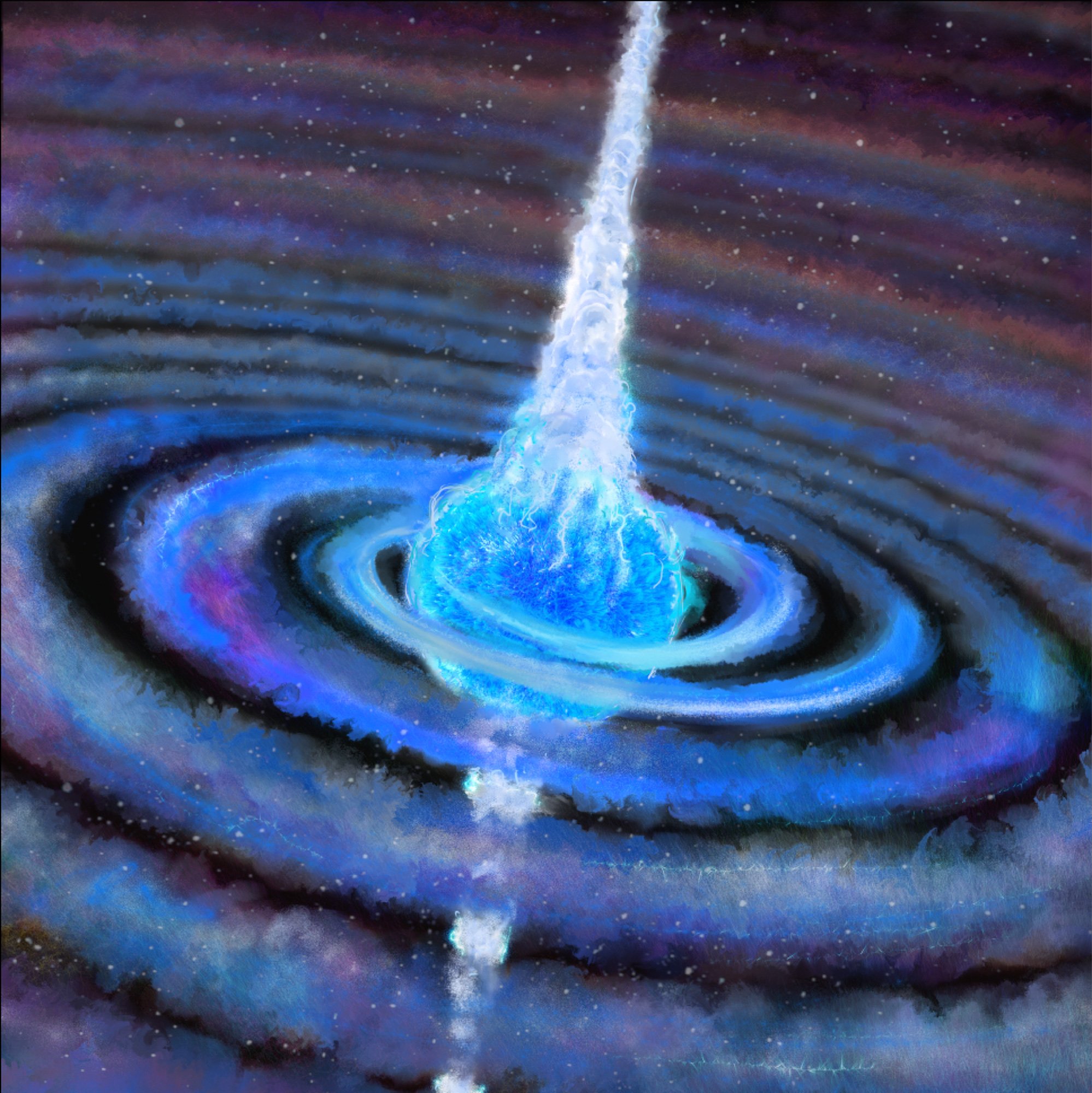
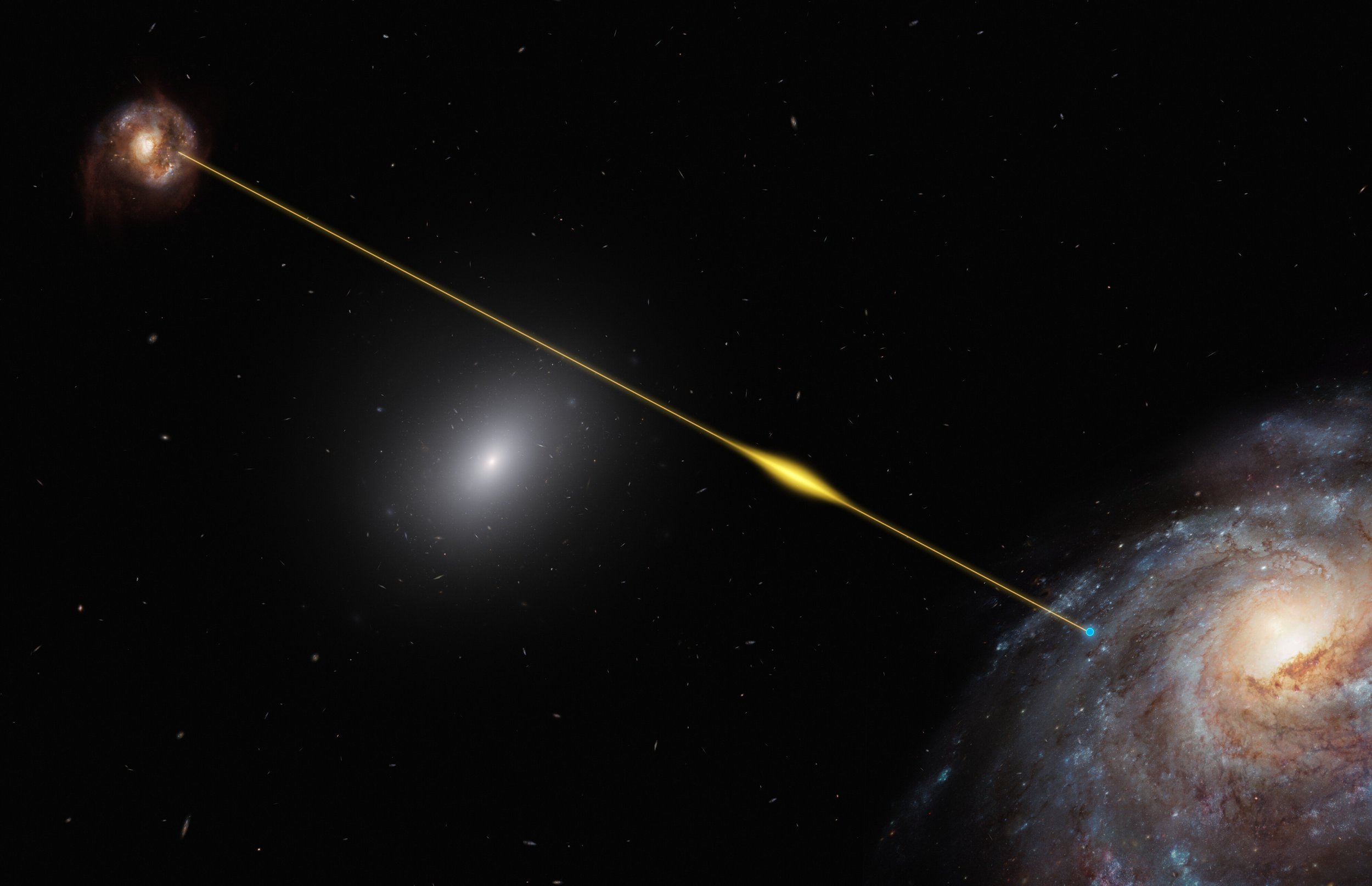
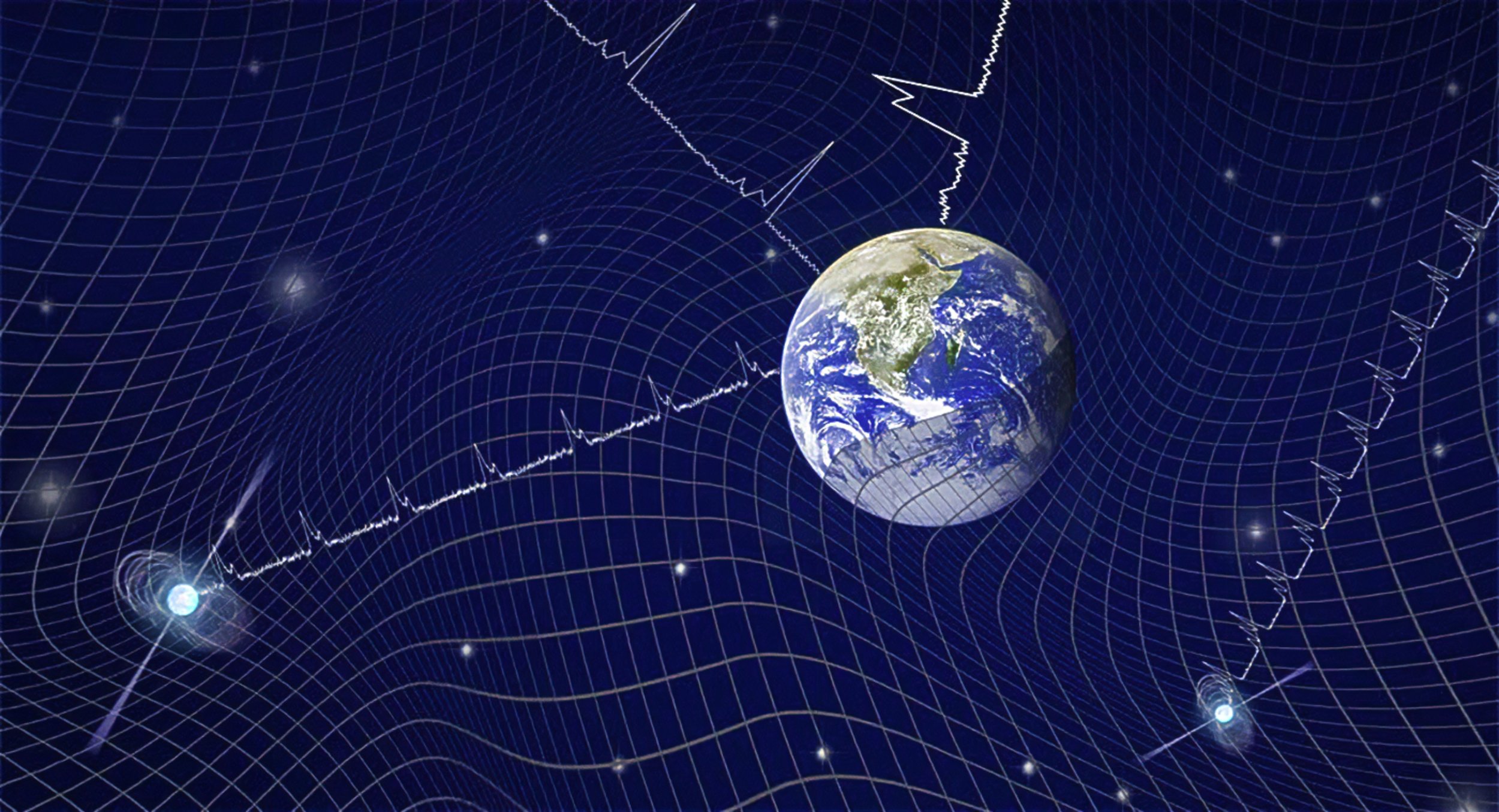
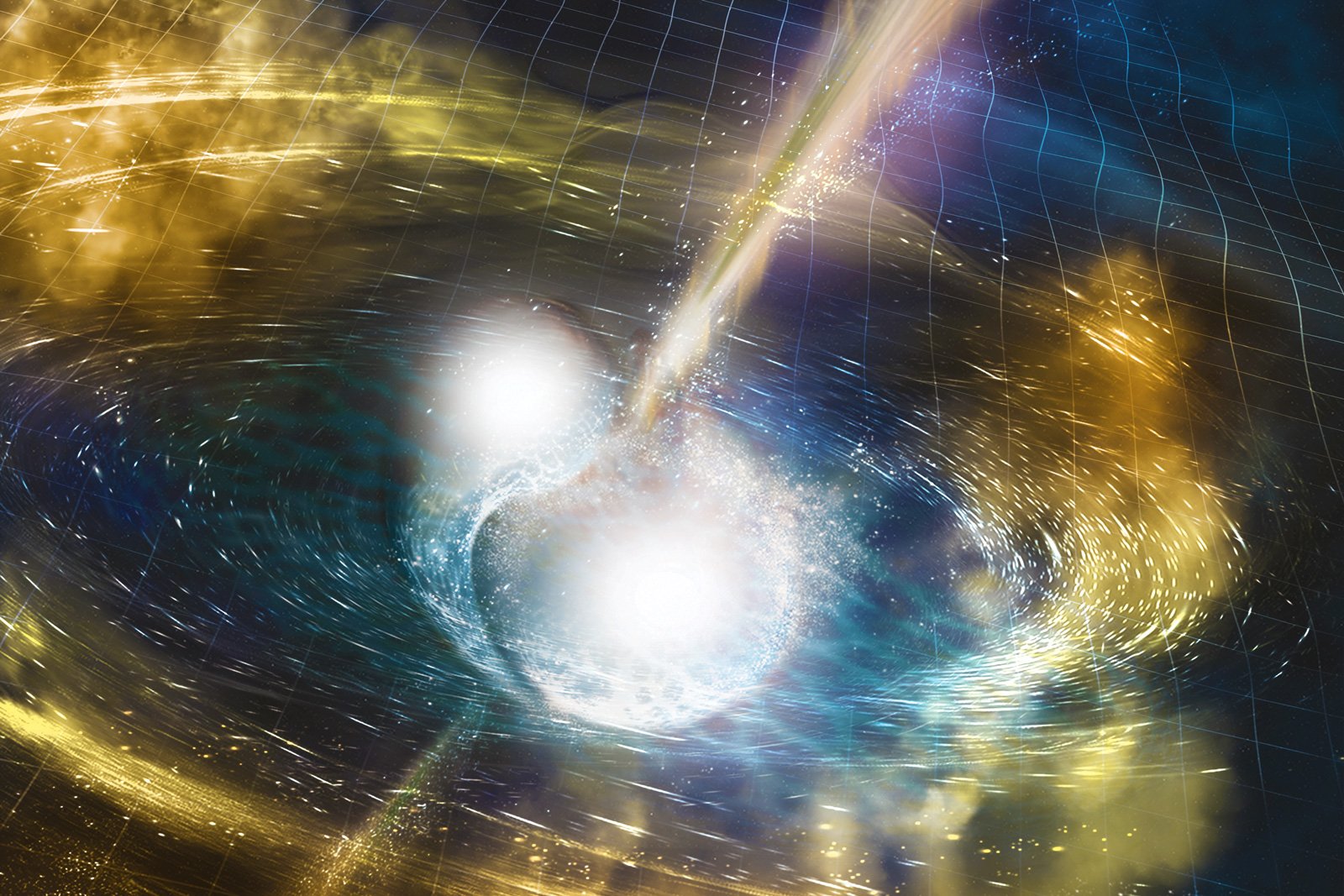
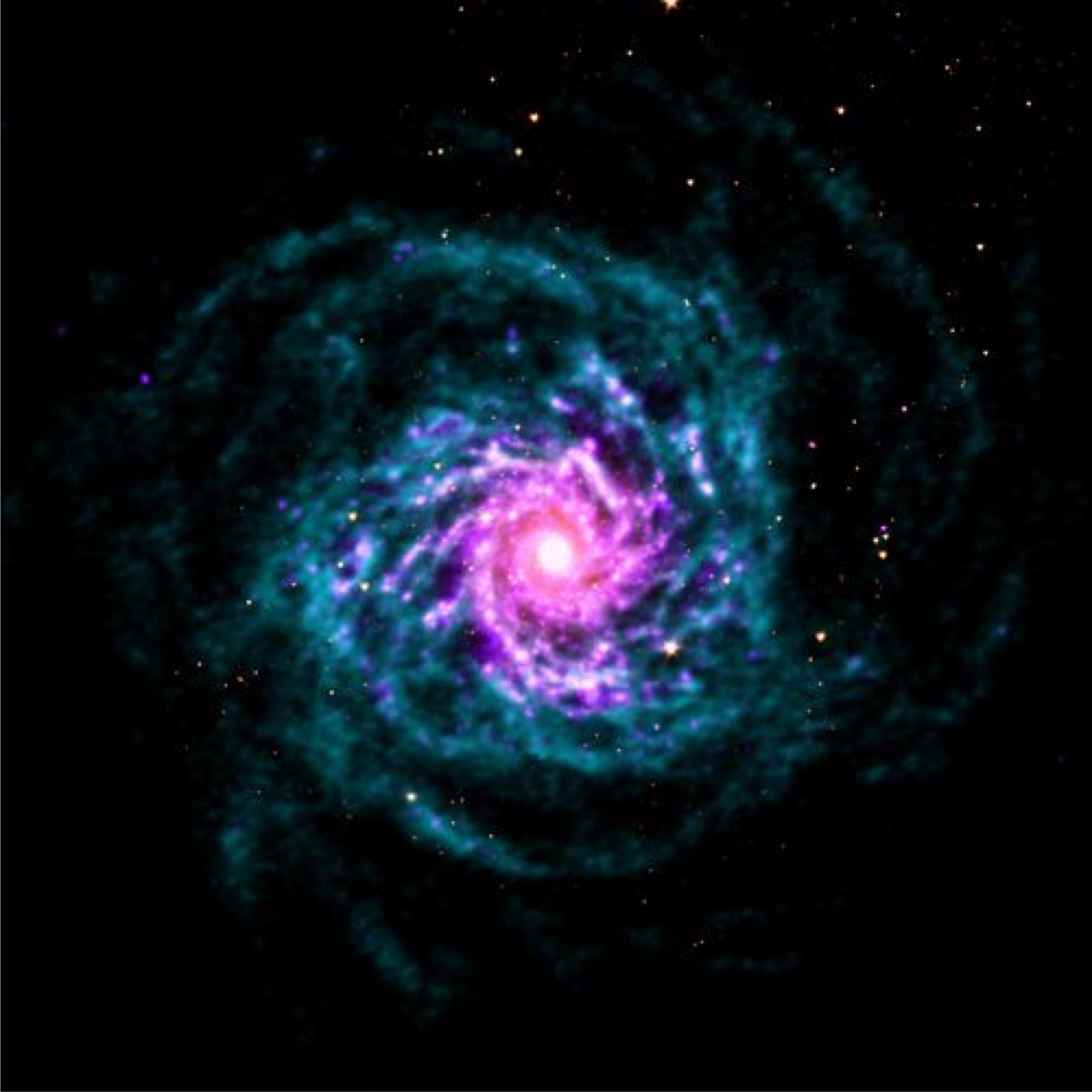
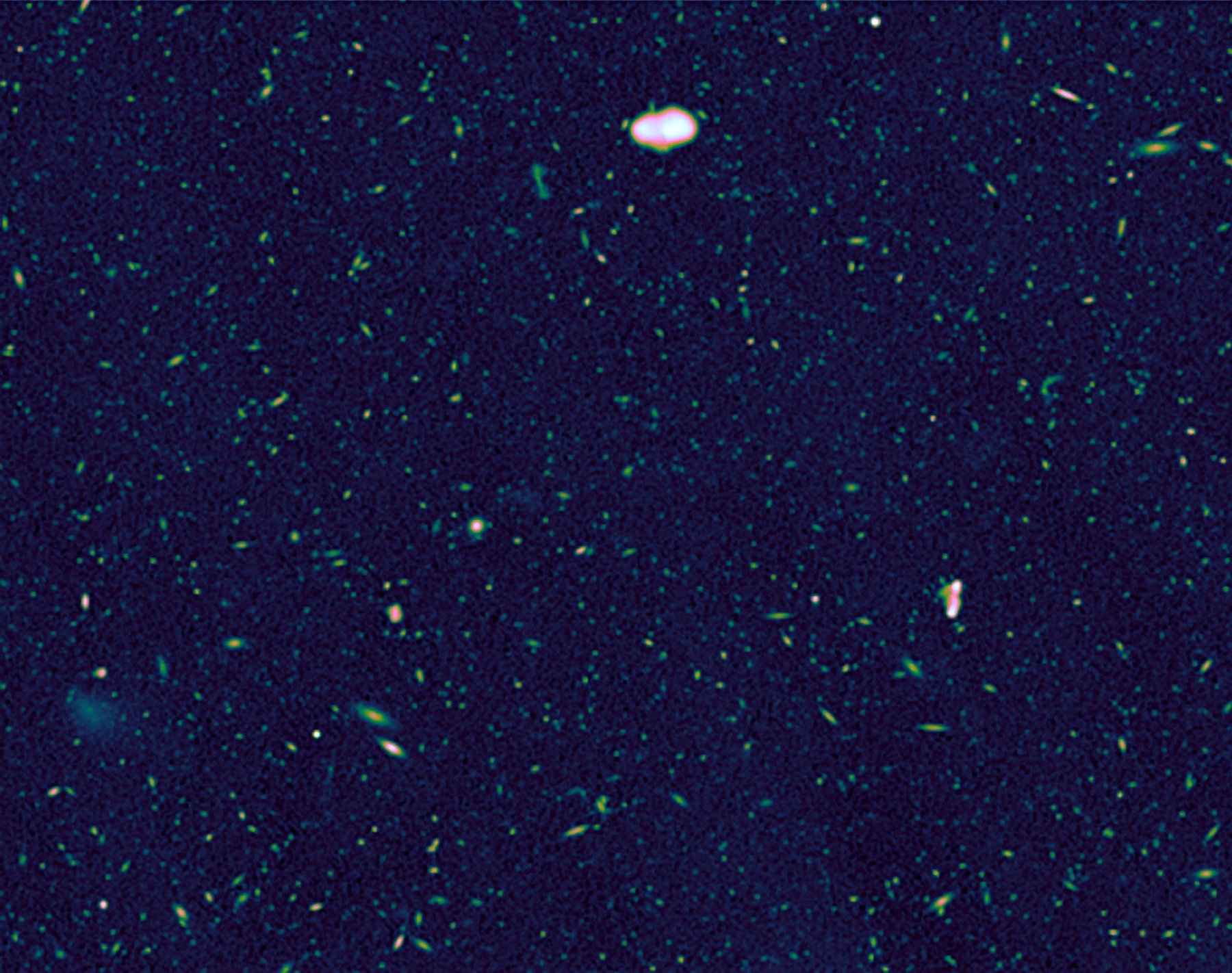
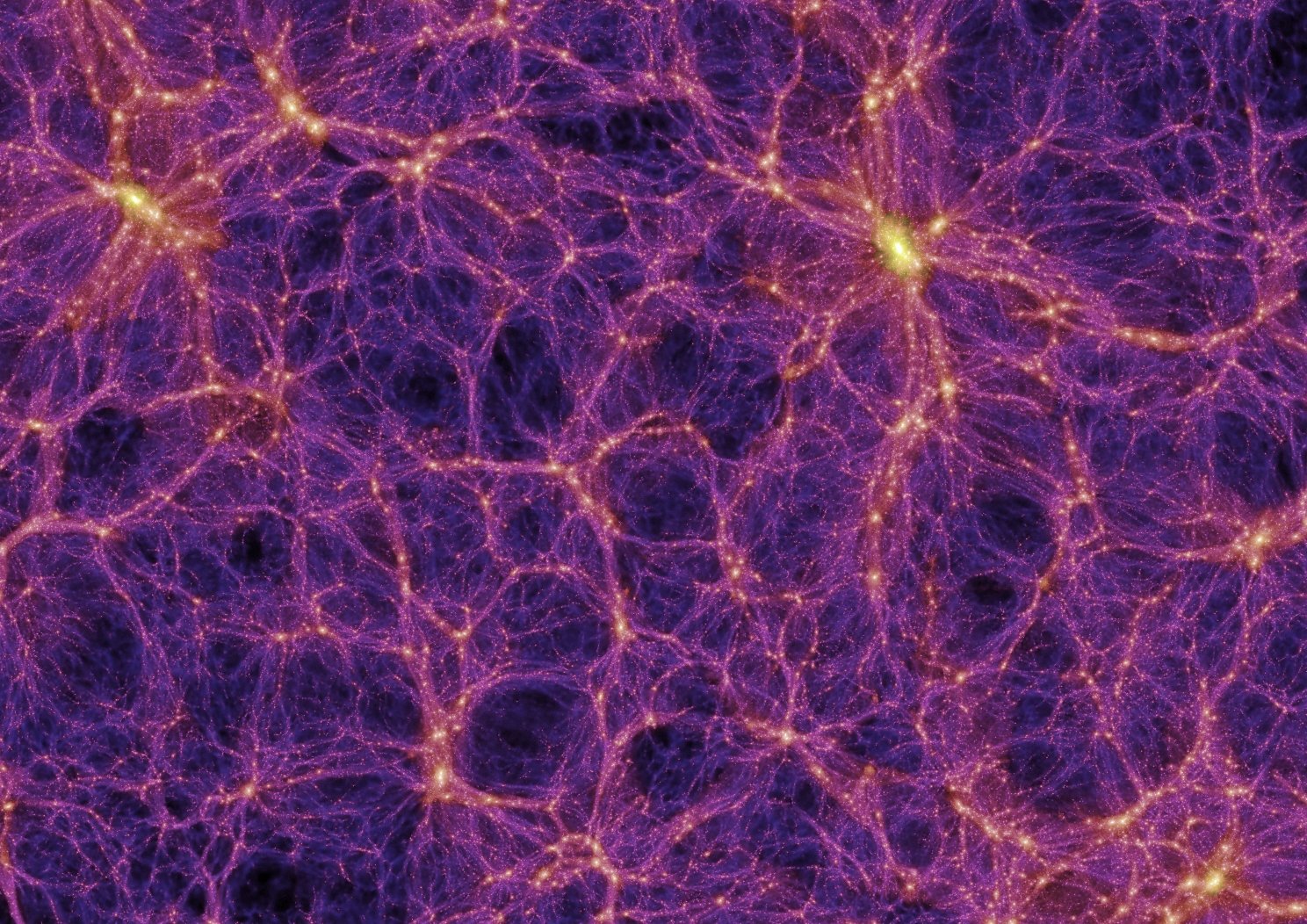
Program
Full program available; click on session name for recording.
Monday
8:00am — Registration opens
8:30am — Session 1 begins
2:00pm — Session 2 begins
6:00pm — Wine and cheese poster reception
Tuesday
8:30am — Session 3 begins
2:00pm — Session 4 begins
6:30pm — Conference dinner at Athenaeum
Wednesday
8:30am — Session 5 begins
2:00pm — Session 6 begins
5:00pm — Conference concludes
Thursday and Friday — OVRO tour (optional)
Logistics
The conference will take place in the Hameetman Auditorium of the Cahill Center for Astronomy and Astrophysics on the Caltech campus. The building is located at 1200 E. California Blvd, Pasadena, CA (see the Caltech campus).
Remote participation will be supported via slack and zoom. Please contact the loc at loc@deepsynoptic.org or on the #meetings channel of the community slack for help. A slack invitation has been sent to all pre-registered people by email.
Talks will be recorded and broadcast live at https://caltech.zoom.us/j/86328593510 (passcode available on request). Recordings:
Invited Speakers
Chris Carilli (NRAO), Tzu-Ching Chang (JPL), Alessandra Corsi (Texas Tech), Megan DeCesar (GMU), Dillon Dong (Caltech), Vicky Kaspi (McGill), Adam Leroy (OSU), Kiyo Masui (MIT), Kristine Spekkens (Queen’s University), Ian Sullivan (UW), Tessa Vernstrom (UWA).
Organizing Committees
Science (dsa2000-sac@deepsynoptic.org)
Hector Arce (Yale), Lee Armus (Caltech), Poonam Chandra (NRAO), Shami Chatterjee (Cornell), Susan Clark (Stanford), Thankful Cromartie (Cornell), Jeremy Darling (Colorado), Bryan Gaensler (Toronto), Gregg Hallinan (Caltech), Anna Ho (Cornell), Maura McLaughlin (WVU, co-chair), Marcel Neeleman (NRAO), Kristina Nyland (NRL), Vikram Ravi (Caltech), Fabian Walter (MPIA, co-chair), Bing Zhang (UNLV).
Local (loc@deepsynoptic.org)
Casey Law, Stephanie Cha-Ramos, Liam Connor, Nivedita Mahesh (Caltech)
Trip to OVRO
We will arrange for a visit to Owens Valley Radio Observatory (OVRO) near Bishop, CA after the meeting (Thu and Fri, March 23-24). OVRO hosts a number of state-of-the art radio facilities, including the DSA-110 and OVRO-LWA, and the DSA-2000 antenna fabrication test facility.
Logistical info can be found here. Registration is closed, but contact loc@deepsynoptic.org if you would like to join or have a change in plans.

